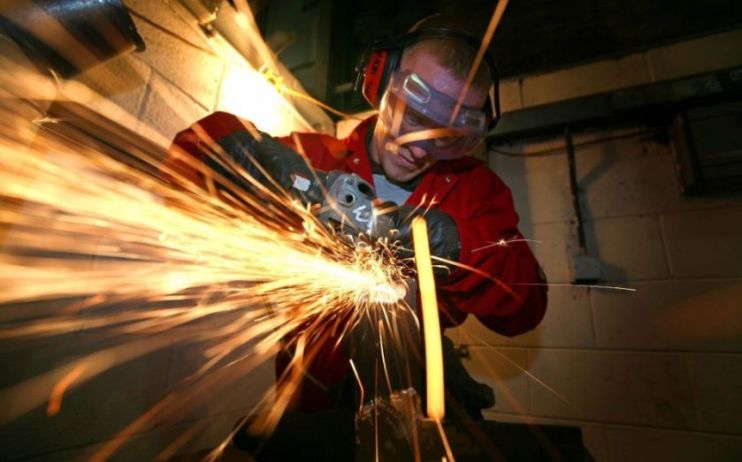Number of manufacturing companies going bust at highest level in five years

The number of manufacturing businesses entering insolvency has reached its highest level in five years in the last 12 months, rising 7 per cent to 1,466 from 1,373 in the previous year.
Research from global accountancy firm Moore found that a combination of uncertainty over Brexit and a slowdown across Europe was responsible for the rise.
Read more: Uncertainty takes its toll as manufacturing exporters report weaker trading
The company said that there were increased levels of concern about the future financial requirements that businesses might require after Brexit, which have led to UK customers deferring significant purchases.
There are also worries from businesses that European manufacturers are looking to cut UK-based companies out of their supply chains to guard against the possibility of a no-deal Brexit.
The combination of tariffs and shipping delays that no deal would incur would dramatically increase costs of UK-made components.
According to IHS Markit, UK manufacturing orders fell for the sixth month in a row in October, whilst in June the CBI reported that a third of UK manufacturers had received fewer orders than normal.
Robert Branch, managing partner at Moore South West, said: “The latest figures show that the doom and gloom around the UK’s manufacturing sector continues.
“UK manufacturers should be going through a period of heavy investment in order to close their productivity gap with competitors in places like Germany.
“Instead many are having to save as much cash as they can to tide them through until order books recover, as banks and other finance houses are indicating that they will be reluctant to provide additional funding to support working capital.”
The fall in the value of sterling has exacerbated the problem, with the reduction in the price of UK exports offset by increased input costs as manufacturers buy in components from overseas.
Rob Dobson, director at IHS Markit, said that the future for UK manufacturing looks “even darker” than October’s numbers suggest.
“The high degree of uncertainty is hitting two areas of the manufacturing economy especially hard,” he said.
“The first is the trend in employment, as job losses resulting from disappointing sales are exacerbated by manufacturers implementing hiring freezes until the outlook clears.
Read more: Eurozone remains close to stagnation amid manufacturing slump
“The second is the investment goods industry, where output and new orders are falling sharply as clients postpone capital spending plans.”
Branch finished: “As we get towards a Brexit deal the outlook for manufacturers should become clearer.”
Main image credit: Getty